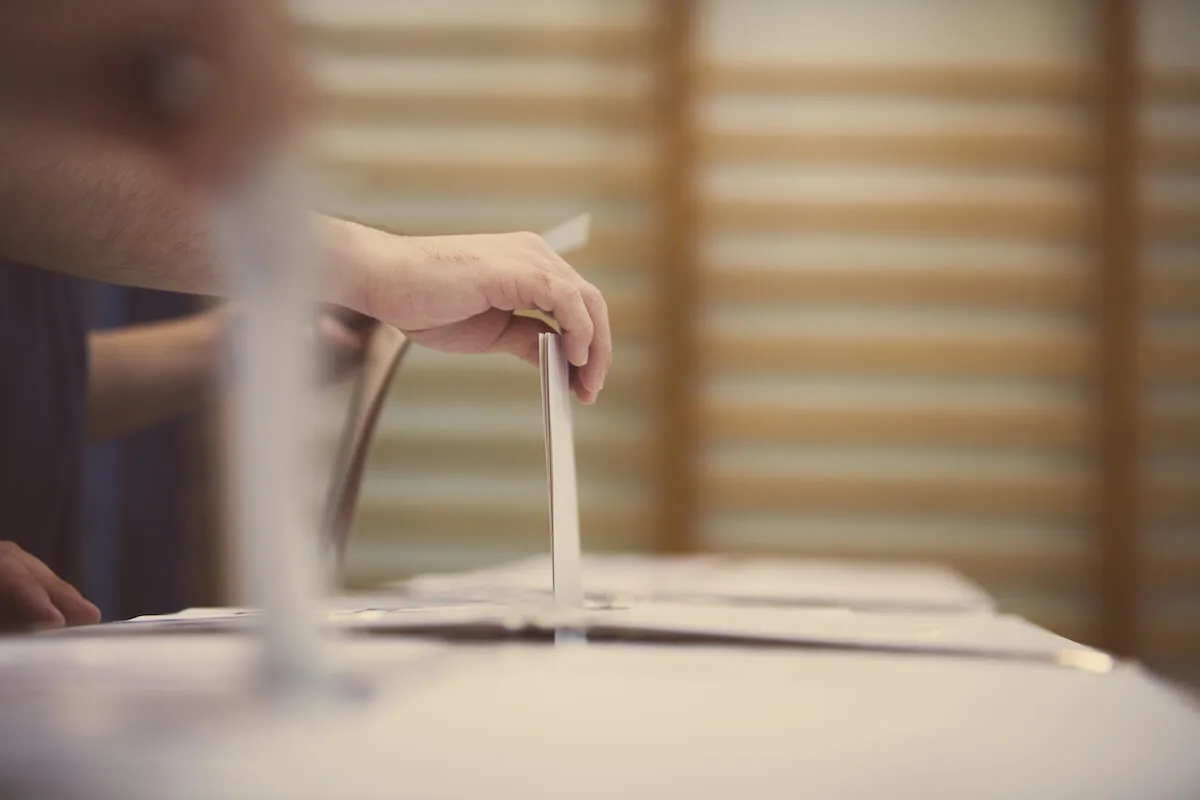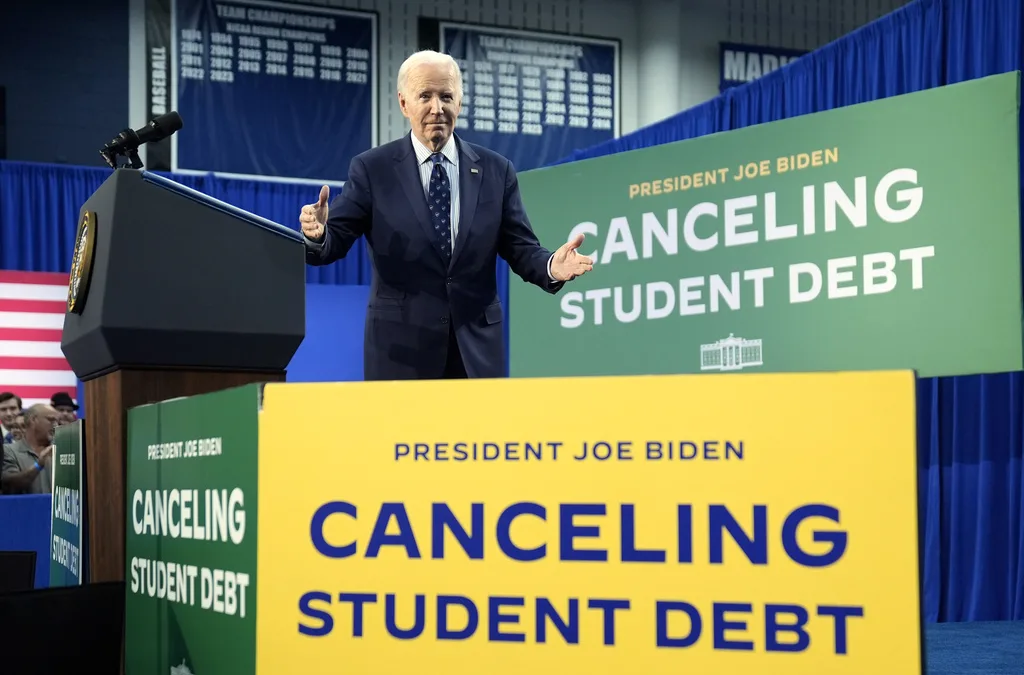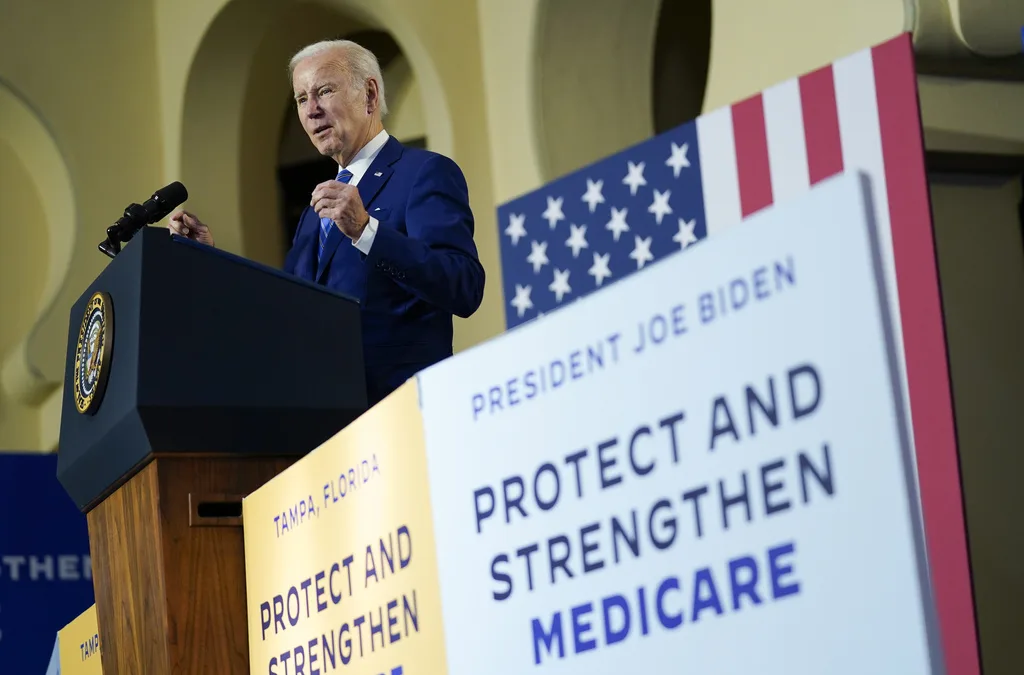
#image_title
#image_title
A June Appeals Court ruling—praised by the GOP, blasted by Dems—removed some ways to make voting easier.
A federal Appeals Court on June 29 weighed in on the voting landscape in Wisconsin, restricting early voting to two weeks prior to an election and requiring voters to be Wisconsin residents for at least 28 days to vote in an election.
The unanimous decision by the three-member, 7th Circuit Court of Appeals in Chicago came only four months before the November elections, after the case had been sitting on the docket since oral arguments were made in February, 2017.
In Wisconsin, the notorious swing state that President Donald Trump won in 2016 by around 23,000 votes, the decision has been praised by Republicans and blasted by Democrats.
Given voters will again be voting during the COVID-19 pandemic, perhaps the most significant portion of the ruling restores early voting to just two weeks prior to an election. In larger cities, such as Madison and Milwaukee, early voting had been expanded beyond two weeks in recent years and was helpful from a public health perspective during the April 7 election.
The court also reinstated a requirement that voters must live at their current residence for at least 28 days—up from 10—in order to vote in the precinct where they now live. For those who move within 28 days of an election, they will now have to vote absentee from their old address, even though they would now be required to vote for candidates who may no longer represent them.
The three judges also banned most voters from having absentee ballots emailed or faxed to them.
The ruling did hand a victory to voting rights advocates by upholding the lower court’s decision to allow college students to use expired university IDs to vote and by preventing the state from requiring colleges to provide citizenship information about the students who live in dormitories and vote.
In 2016 and again in early 2019, federal Judge James D. Peterson struck down the limits because they had a disproportionate impact on communities of color.
Monday’s ruling notes that Peterson found that the Republican-led Legislature’s “reduction in the number of hours available for in-person absentee voting would have a disparate impact on Black voters in Milwaukee, because those voters are more likely to use that procedure. What’s more, the judge found, state legislators knew of that effect.”
And yet the Appeals Court ruled, “If one party can make changes that it believes help its candidates, the other can restore the original rules or revise the new ones. Racial discrimination, as a constitutional matter, occurs only when a public official intends to hold a person’s race against him.”
Ben Wikler, chair of the Democratic Party of Wisconsin, took note of the distinction with very little difference.
“The judges take the Supreme Court’s redistricting decision and use it to argue that, essentially, lawmakers can change any election law for purposes of partisan advantage, as long as they’re not explicitly talking about racial (or other barred) discrimination while they do it,” he tweeted shortly after the ruling.
Senate Majority Leader Scott Fitzgerald (R-Juneau) said the ruling was a “win for fair elections.”
“The ruling puts municipalities in every corner of Wisconsin closer to equal footing when it comes to early in-person voting.” said Fitzgerald in a statement. “I applaud the 7th Circuit on its decision and look forward to moving on with this fall’s elections.”
Registered voters and potential voters can learn more about their current registration status and other information through the website MyVote.WI.gov.
Politics

Biden cancels student loan debt for 3,940 more Wisconsinites
The Biden administration on Friday announced its cancellation of an additional $7.4 billion in student debt for 277,000 borrowers, including 3,940...

The Republican war on Medicare raises the stakes in 2024
Nearly 1.3 million Wisconsinites rely on Medicare benefits—benefits they spent decades paying into, with the promise that the program would be there...
Local News

Your guide to the 2024 Blue Ox Music Festival in Eau Claire
Eau Claire and art go hand in hand. The city is home to a multitude of sculptures, murals, and music events — including several annual showcases,...

Where to buy farm-fresh eggs in western Wisconsin
There’s nothing better than eggs from a local farm. Of course, they taste fresher and last longer, but the best part is that you’re supporting a...


